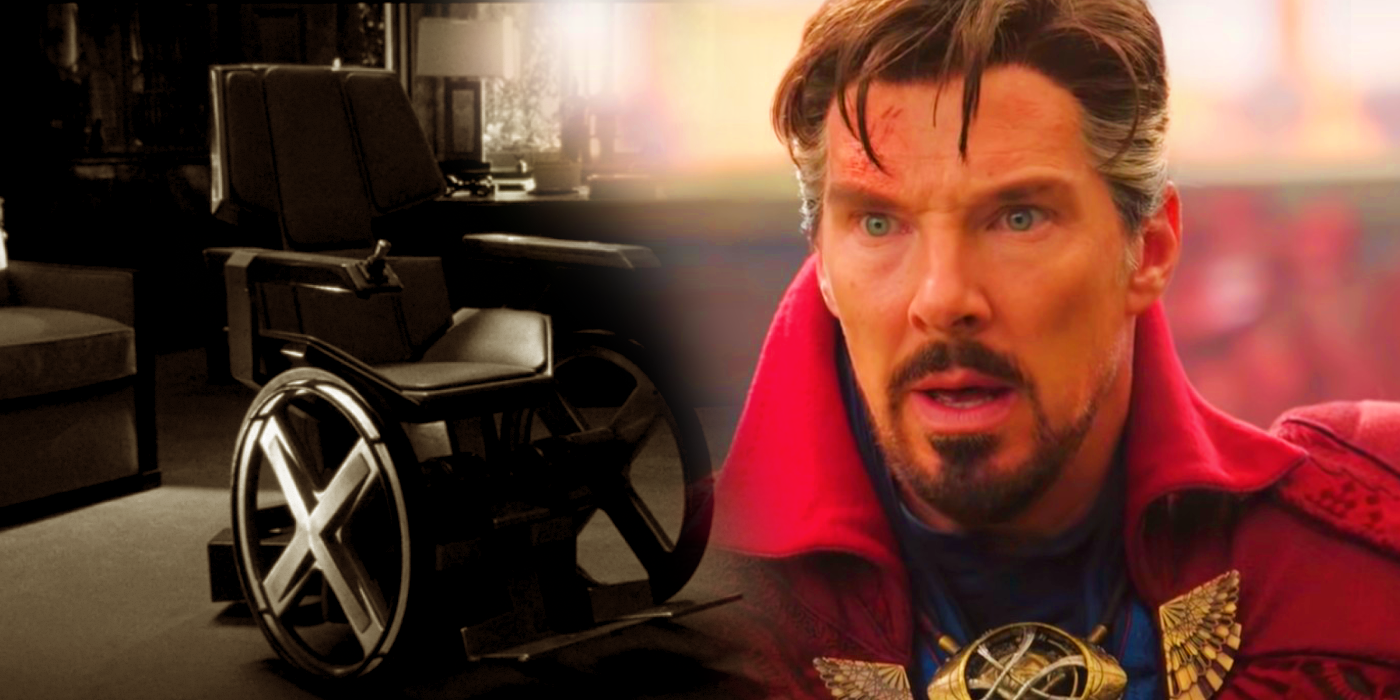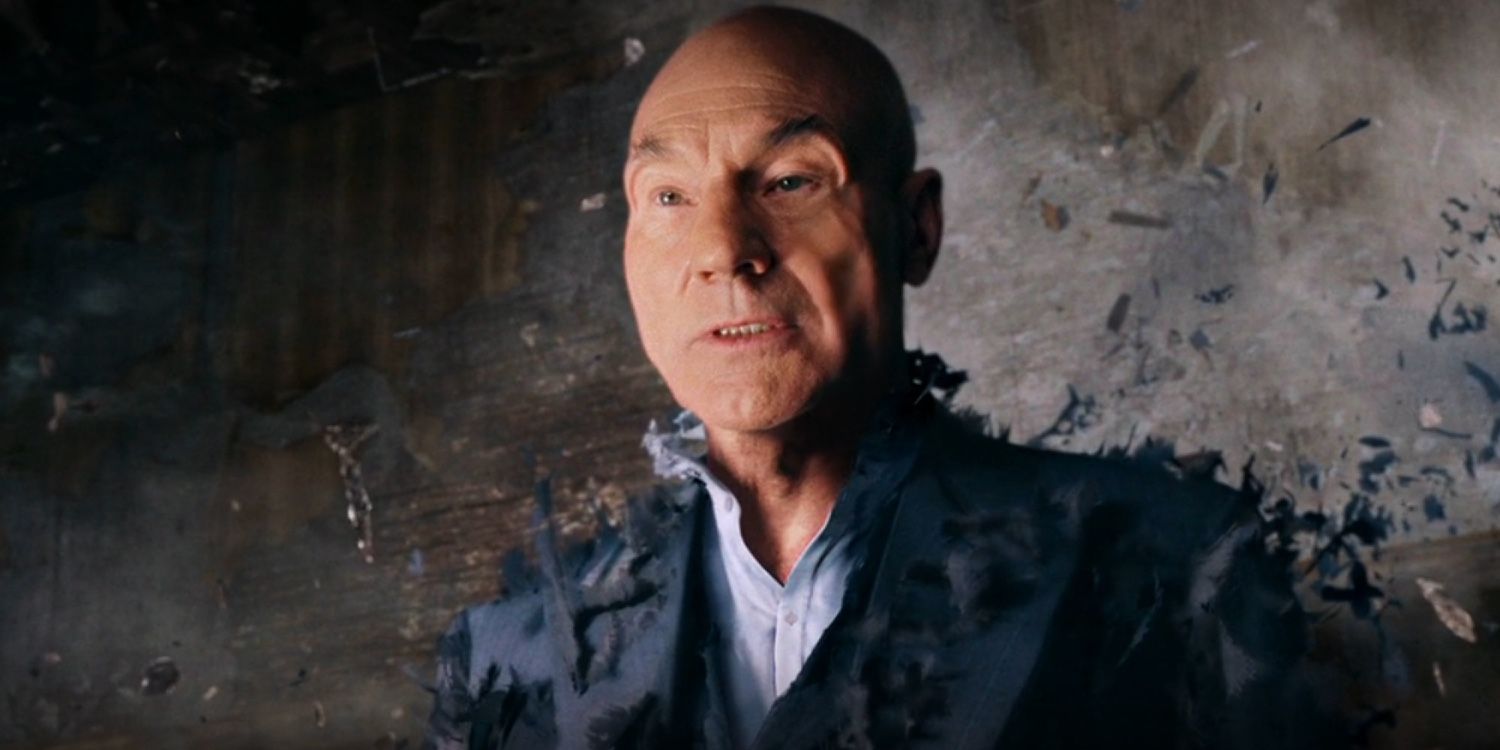Warning: This article contains spoilers for Doctor Strange in the Multiverse of Madness.
One reference to the X-Men films in Doctor Strange in the Multiverse of Madness makes a key death even more tragic. The MCU multiverse has opened an entirely new realm of possibilities, and bringing back the characters from the days before the MCU is one of them. Tobey Maguire and Andrew Garfield made a return to their Spidey role, and Charlie Cox's Daredevil appeared in Spider-Man: No Way Home, too. Vincent D'Onofrio's Kingpin appeared in Hawkeye, Tim Roth's Abomination showed up in Shang-Chi and the Legend of the Ten Rings and now there has finally been a solid reference to the X-Men Fox universe.
Patrick Stewart's beloved Charles Xavier/Professor X made a cameo in Multiverse of Madness as a member of The Illuminati, though not the variant audiences will be familiar with. Still, the small snippet of his voice teased in the trailer was identified immediately, and his return to Marvel was met with sheer joy. However, one small line from his character only served to make his shocking death(s) more tragic.
When Professor X begins to assist in Stephen's escape from The Illuminati headquarters, Mordo strongly disagrees with him, but Professor X replies ''Just because someone stumbles, loses their way, it doesn't mean they're lost forever.'' This line works in reference to both Earth-616 Strange, as well as the Scarlet Witch. This is an MCU reference taken from X-Men: Days of Future Past; old Charles says it to his younger self about human intolerance for mutants, and then younger Charles repeats it to Hank when Hank mentions that Raven's path may be a fixed point in time and she can't be changed. This motif of hope permeates multiple variants of Charles, even when this line of thinking can lead to his death, as is seen in Multiverse of Madness, which makes his character's fates even more tragic.
It seems that Charles, in every universe, is characterized by his unyielding hopefulness, even though it has now led to his demise twice. He enters the warped mind of the Scarlet Witch and attempts to coax Wanda out with care and understanding, even though he has stepped into a very dangerous and scarred psyche. He carried this hope with him, desperately wanting to help Wanda, but it led to Professor X's death. The parallels between Scarlet Witch and Dark Phoenix in X-Men: The Last Stand mean that his death in that film, too, is made worse. Charles knew how powerful Dark Phoenix was and risked his life trying to help her anyway, because he firmly believed that she ''wasn't lost forever.'' He lost his life in that instance, with his last words to Jean being words of encouragement, ''Don't let it control you.'' In the end, Jean came to and begged Wolverine to kill her so she could end the suffering she was causing. Similarly, at the end of Multiverse of Madness, Scarlet Witch's death was a result of her sacrificing herself when she destroys the Darkholds that reside in every universe. In both situations, despite their tragic ending, Charles' hopefulness has been right; both Jean and Wanda found their way back.
The character's permeable hope makes his death almost inevitable, as it seems that Charles will carry this hope through infinite universes even if it kills him. His death at the hands of Dark Phoenix was tragic enough, but knowing that repeats of the same situation can happen across the multiverse makes it even more heartbreaking. Professor X's death in Doctor Strange in the Multiverse of Madness, though tragic, only reinforces the character's unwavering good faith, which is proved right in Doctor Strange 2's ending.






